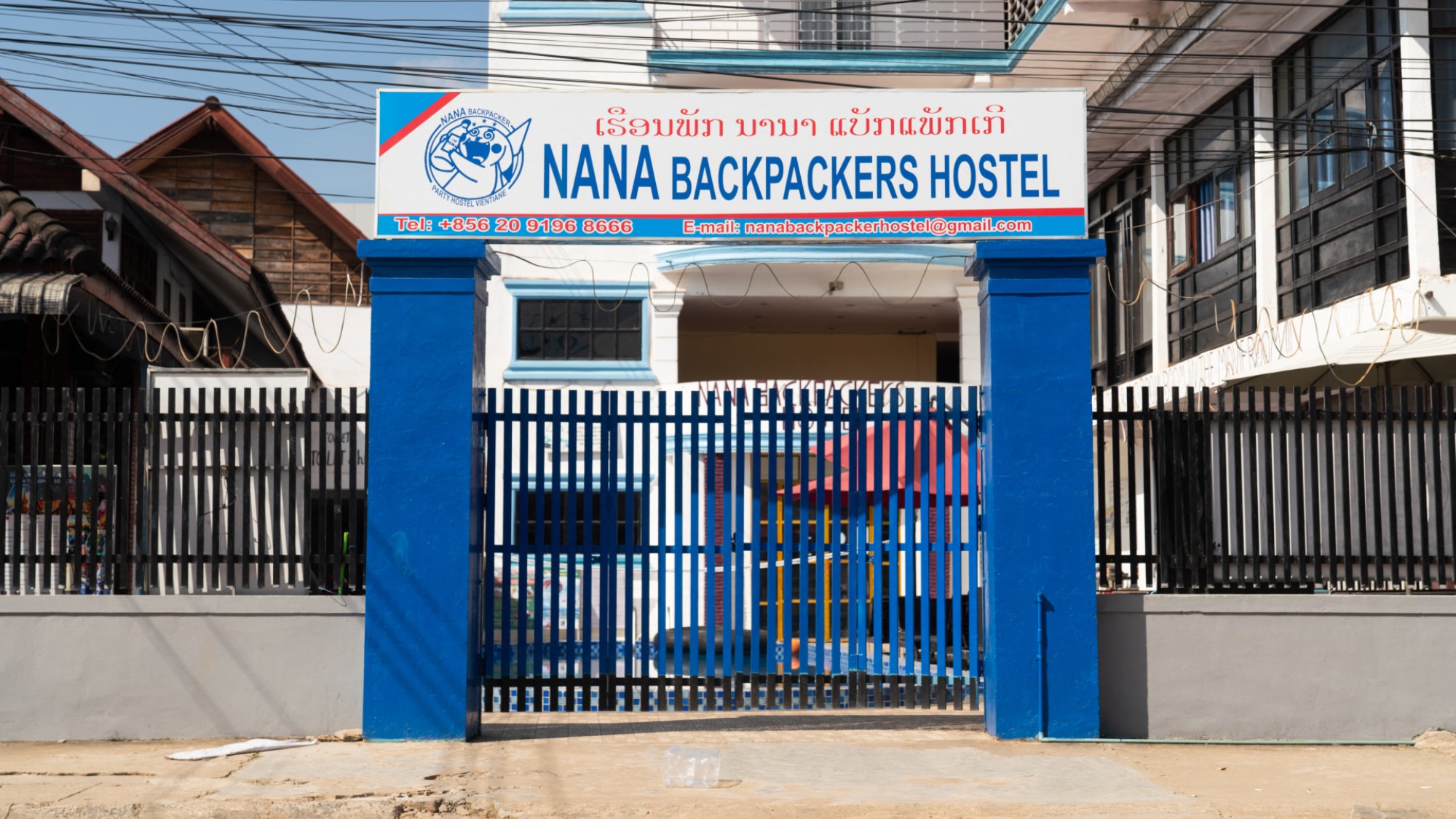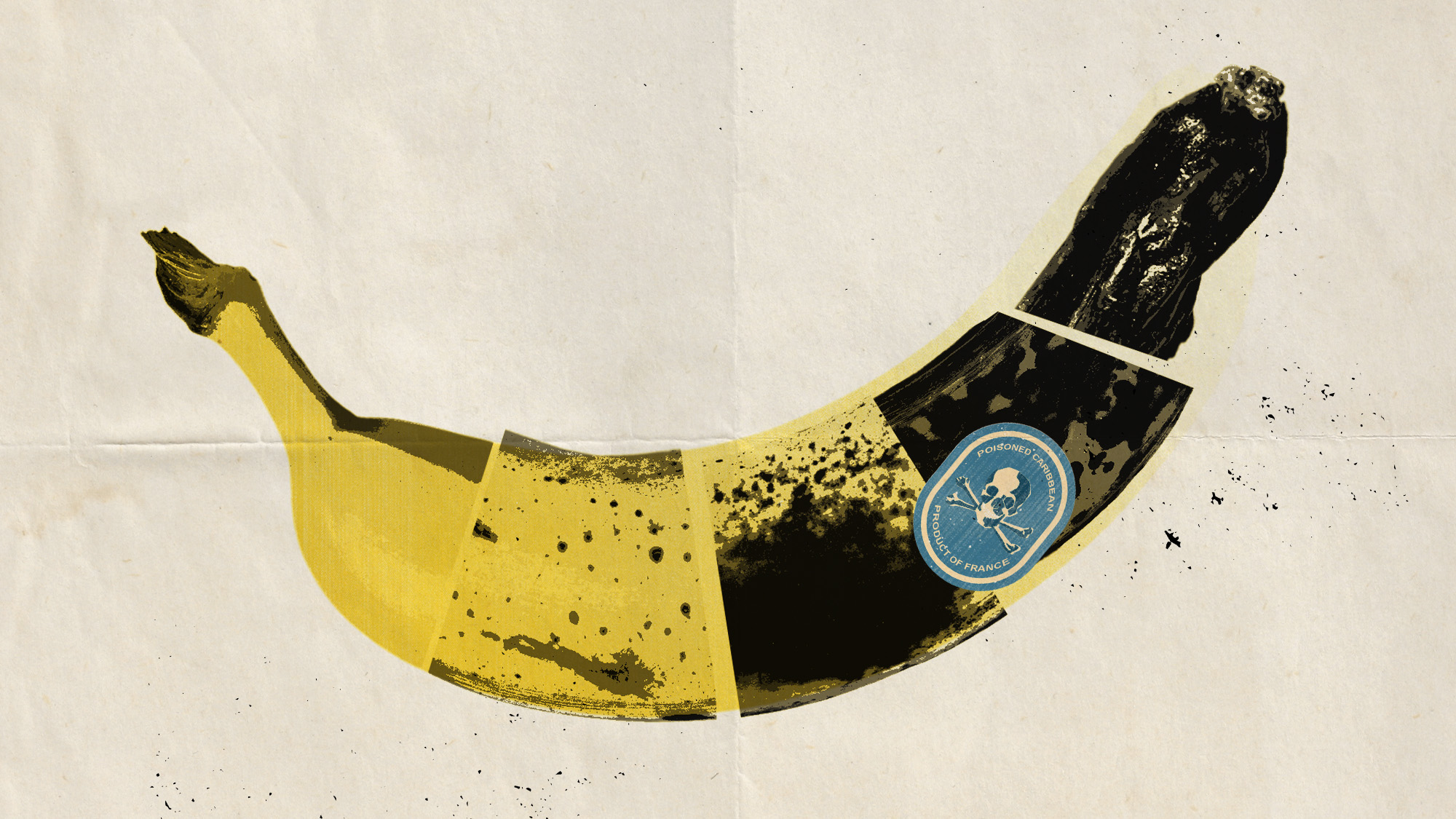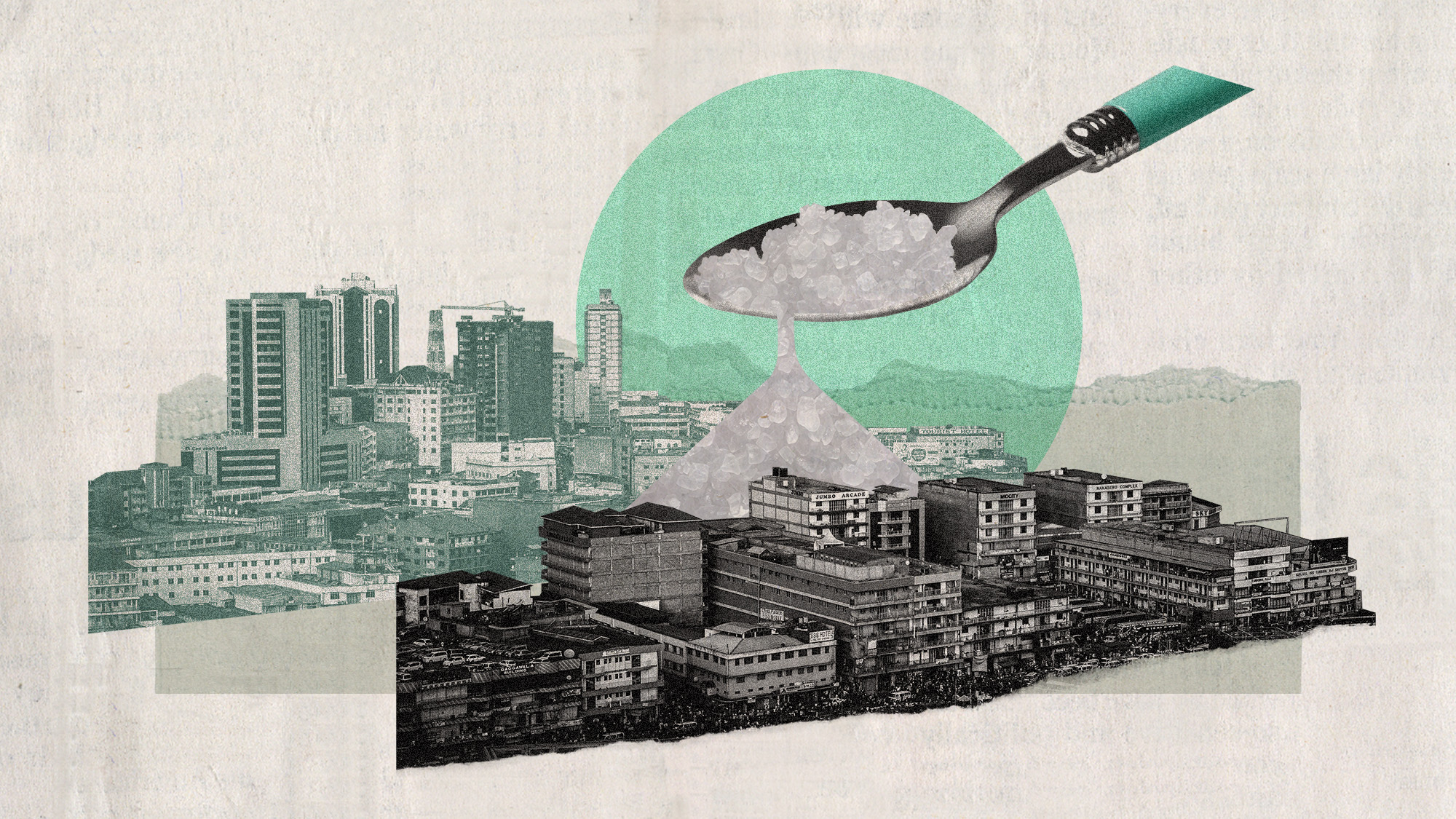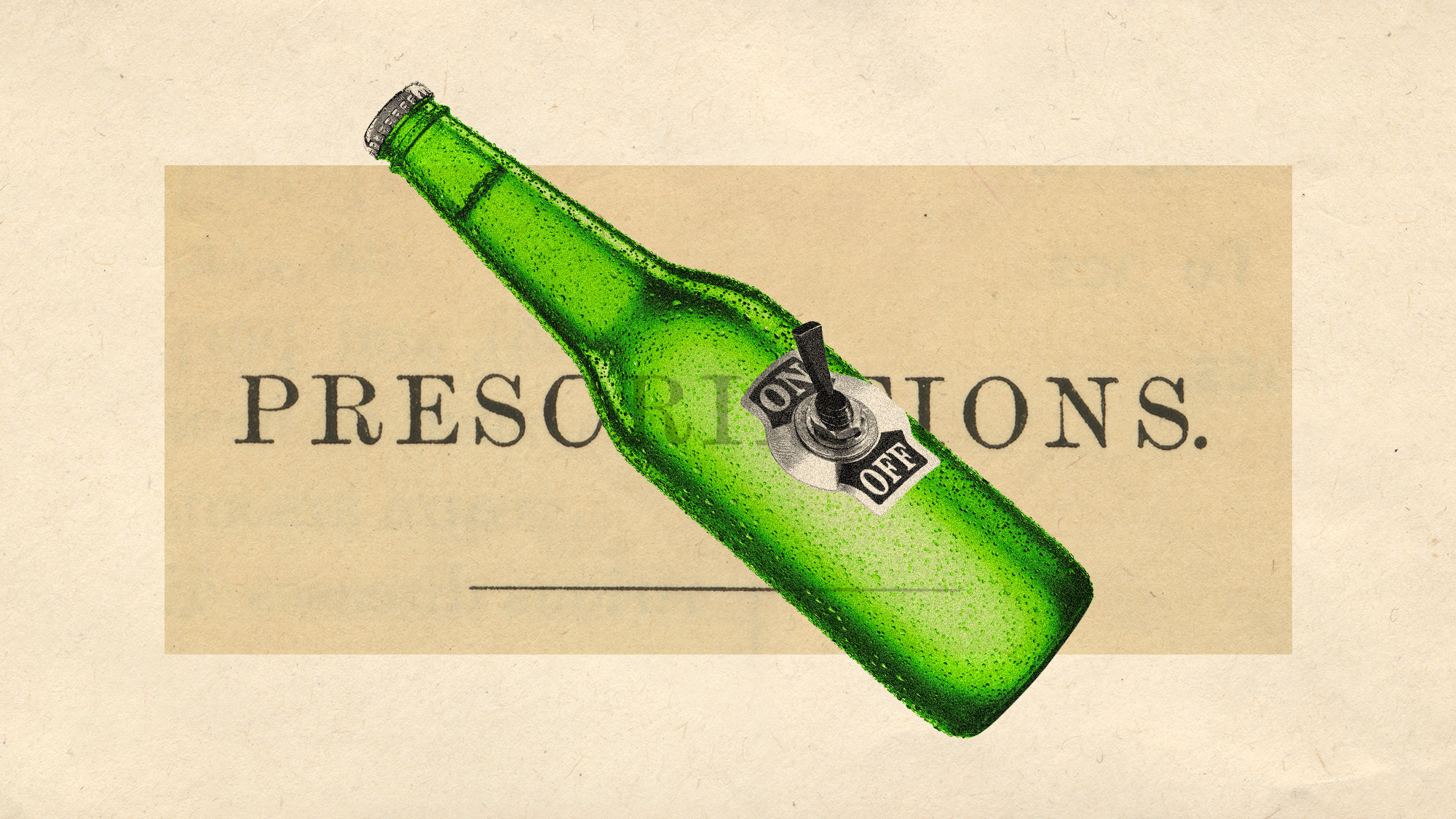Methanol poisoning: how Laos horror happened
Recent 'tainted-alcohol' deaths expose 'dangerous incentives driving backpacker-focused tourism'

A free daily email with the biggest news stories of the day – and the best features from TheWeek.com
You are now subscribed
Your newsletter sign-up was successful
The suspected mass poisoning of six tourists in Laos last week has sent shockwaves through the backpacker scene, and highlighted Southeast Asia's problem with tainted alcohol.
A Briton, two Australians, two Danes and an American are all believed to have been poisoned by methanol – a chemical often used to increase the potency of bootleg alcohol – in the tourist town of Vang Vieng.
Southeast Asia has the "highest rates of methanol poisoning globally", said Al Jazeera, and this is often blamed on "economic pressures and weak regulations". Laos, despite its increasing popularity with backpackers, is one of the poorest nations in the region.
The Week
Escape your echo chamber. Get the facts behind the news, plus analysis from multiple perspectives.

Sign up for The Week's Free Newsletters
From our morning news briefing to a weekly Good News Newsletter, get the best of The Week delivered directly to your inbox.
From our morning news briefing to a weekly Good News Newsletter, get the best of The Week delivered directly to your inbox.
What do we know so far?
The six victims had all stayed at or visited Vang Vieng's Nana Backpackers Hostel, said the BBC. The American was "found dead in his bedroom there" on the same morning that the two young Danish women "were found unconscious in their rooms and rushed to hospital", said the broadcaster's Asia correspondent Rupert Wingfield-Hayes. The two Australians "had taken free shots" there, according to another BBC report.
It's been alleged that hostel staff had been offering shots of vodka "as a gesture of hospitality", according to Associated Press. The hostel owner denied serving illegal or homemade alcohol but eight "members of the staff and management" have since been detained over the suspected poisoning, said Australia's ABC News.
Authorities in Thailand, where the Australians, Holly Bowles and Bianca Jones, both 19, were being treated before their deaths, have confirmed that Jones died from "brain swelling due to high levels of methanol found in her system".
What is methanol poisoning?
Methanol is a type of alcohol, like ethanol – which we find in alcoholic drinks – but it's cheaper, stronger and poisonous.
A free daily email with the biggest news stories of the day – and the best features from TheWeek.com
Vendors often add this toxic chemical to bootlegged liquor to increase its potency. It's impossible to detect without specialist equipment because it is colourless and smells very "similar to ethanol", said Science Direct.
But, when we ingest even a small amount, our body breaks it down into toxic acids. It can, within 72 hours, cause blindness, kidney failure, liver damage, and even death.
Is this a widespread problem?
This tragedy is the "latest of several mass poisonings", said The Times. In June, about 60 people died and more than 200 were hospitalised in India. In 2018, more than 100 died in Indonesia. There have also been cases in Brazil, Peru, Turkey and Norway. The victims are often locals, "for whom poverty makes illegal alcohol appealing", but the risk to inexperienced backpackers is growing.
Over the years in Vang Vieng, people have died "after drinking from buckets of cheap booze, then launching themselves into the water from bamboo slings and ramshackle slides". Pressure from foreign ambassadors over the "growing number of deaths" led Laotian authorities to close most of the bars in 2012 – which "has sadly not helped the latest victims".
What will the impact be?
The Laotian government officially acknowledged the mass poisoning on Sunday, promising it would bring perpetrators to justice.
Some tourism industry figures say the deaths have "exposed the dangerous incentives driving the backpacker-focused tourism", said Al Jazeera. The business model of offering cheap alcohol to budget-conscious travellers "encourages unsafe cost-cutting practices".
The poisonings have had "an immediate effect" on Vang Vieng's tourism industry, a "crucial economic driver" in the region.
What else is at play here?
A "critical factor" is the "absolutely abysmal" state of Laos's healthcare system, said Damien Phillips, fellow of economics think tank The Cobden Centre, in The Spectator. Almost all the tourists fell sick just a couple of hours from the Laotine capital, Vientiane, but had to be flown or driven to Thailand, "delaying urgent treatment", because Laos has "not one decent hospital".
One of the world's last communist governments "has to shoulder most of the blame" for that. The "self-destructive economic policies" of the ruling Lao People's Revolutionary Party (LPRP) mean the country has been "stagnating for almost half a century".
But the situation is also a "damning indictment of Western development policy". Billions of dollars of foreign money and aid have gone into Laos over the past few decades, but corruption is "rife" and "millions lost in backhanders and bribes".
British policymakers should note that the LPRP's "insistence on NHS-style healthcare" has also exacerbated the problem. Laos is "looking for scapegoats", but Keir Starmer "must be clear that it was Vientiane's policies that played a critical role in the death of a British citizen" – and review how aid money is "propping up a failing regime".
Harriet Marsden is a senior staff writer and podcast panellist for The Week, covering world news and writing the weekly Global Digest newsletter. Before joining the site in 2023, she was a freelance journalist for seven years, working for The Guardian, The Times and The Independent among others, and regularly appearing on radio shows. In 2021, she was awarded the “journalist-at-large” fellowship by the Local Trust charity, and spent a year travelling independently to some of England’s most deprived areas to write about community activism. She has a master’s in international journalism from City University, and has also worked in Bolivia, Colombia and Spain.
-
 How the FCC’s ‘equal time’ rule works
How the FCC’s ‘equal time’ rule worksIn the Spotlight The law is at the heart of the Colbert-CBS conflict
-
 What is the endgame in the DHS shutdown?
What is the endgame in the DHS shutdown?Today’s Big Question Democrats want to rein in ICE’s immigration crackdown
-
 ‘Poor time management isn’t just an inconvenience’
‘Poor time management isn’t just an inconvenience’Instant Opinion Opinion, comment and editorials of the day
-
 High Court action over Cape Verde tourist deaths
High Court action over Cape Verde tourist deathsThe Explainer Holidaymakers sue Tui after gastric illness outbreaks linked to six British deaths
-
 Europe’s apples are peppered with toxic pesticides
Europe’s apples are peppered with toxic pesticidesUnder the Radar Campaign groups say existing EU regulations don’t account for risk of ‘cocktail effect’
-
 How space travel changes your brain
How space travel changes your brainUnder the Radar Space shifts the position of the brain in the skull, causing orientation problems that could complicate plans to live on the Moon or Mars
-
 The banned pesticide poisoning Caribbean paradise
The banned pesticide poisoning Caribbean paradiseUnder the radar Martinique and Guadeloupe have been rocked by soaring cancer rates amid other diagnoses
-
 Why women are most at risk in Africa's obesity crisis
Why women are most at risk in Africa's obesity crisisUnder the Radar Stigma and lack of access to medication draws comparisons with HIV epidemic
-
 Ozempic can curb alcohol cravings, study finds
Ozempic can curb alcohol cravings, study findsSpeed read Weight loss drugs like Ozempic and Wegovy may also be helpful in limiting alcohol consumption
-
 What are the long-term effects of alcohol?
What are the long-term effects of alcohol?It's not just cancer
-
 Naltrexone: the wonder drug for alcoholism
Naltrexone: the wonder drug for alcoholismThe pill is said to have a high success rate in reducing alcohol cravings with few side effects